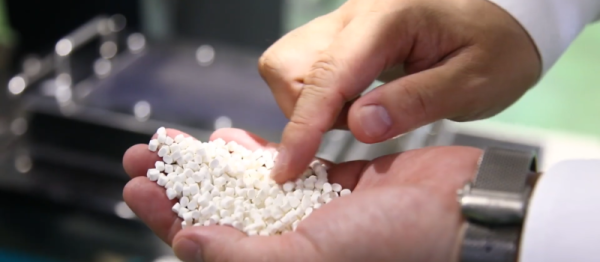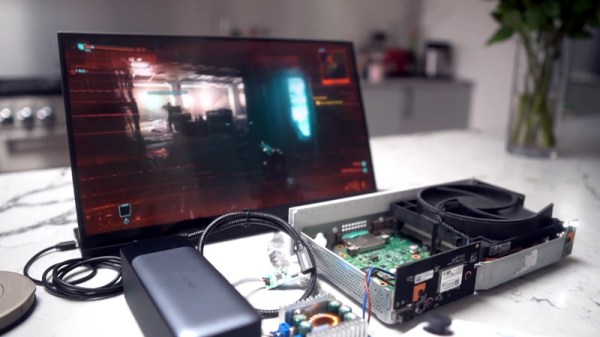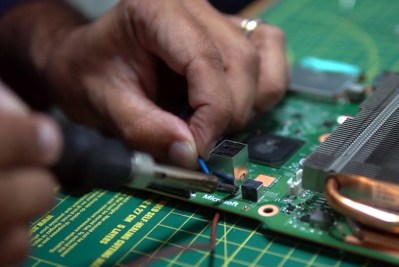There is vulnerability in many Hyundai and Kia vehicles, where the ignition switch can be bypassed with a USB cable. And it’s getting a patch rollout right now, but it’s not a USB vulnerability, in quite the way you might think. In most cars, the steering column is easily disassembled, but these vehicles have an extra-bad design problem. The ignition cylinder can be disassembled while locked, just by depressing a pin.
Physical security has some parallels to computer security, and one such parallel is that good security can often be bypassed by a simple mistake. When it comes to lock design, one such potential bypass is the ability to disassemble a lock while it’s still locked. And somehow, Kias after 2010, and Hyundais after 2015 were made with exactly this flaw. The lock could be disassembled, and the interface between the lock and the ignition switch just happens to be the right shape and size for USB A. Oh, and these cars don’t have an engine immobilizer — there isn’t a chip built into the keys for extra security.
The problem became widespread late last year when the flaw went viral on TikTok, and thousands of copycat crimes were inspired. Beyond the obvious problem, that teenagers were getting an early start on a life of crime with grand theft auto, there were at least 8 deaths directly attributed to the inane stunt. And this brings us back to this week’s news, that a software update is rolling out to address the issue.
Honestly, I have questions. A software update doesn’t add in-key security chips. At best, it could attempt to detect the key position, and sabotage the engine management control, in an ad-hoc immobilizer. That’s likely a paper clip-turned-jumper away from being bypassed. The other new feature, doubling the alarm time from 30 second to a minute, doesn’t inspire much confidence. Hopefully the changes are enough to kill the trend. Continue reading “This Week In Security: USB Cable Kia, Reddit, And Microsoft RCEs”














